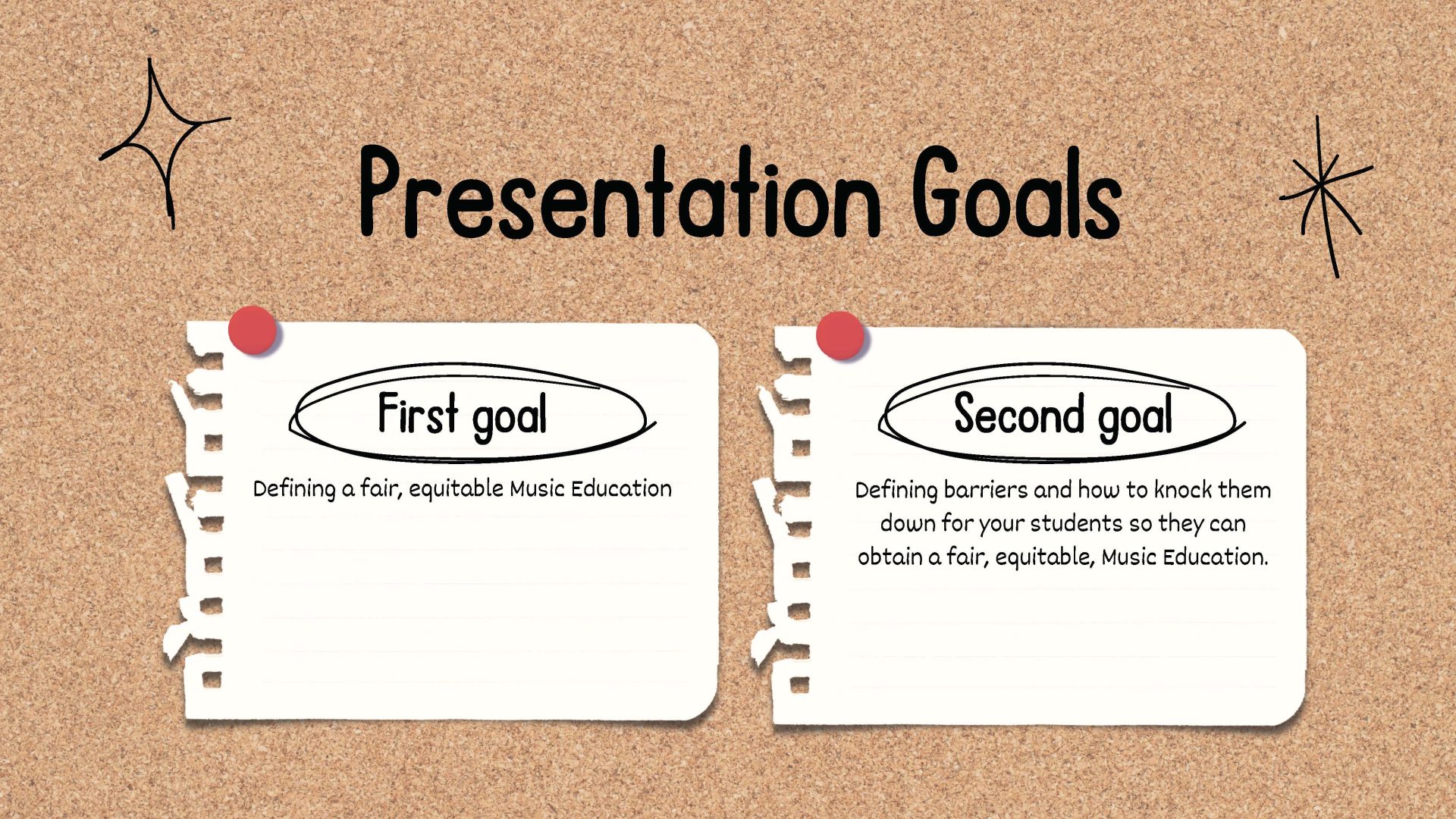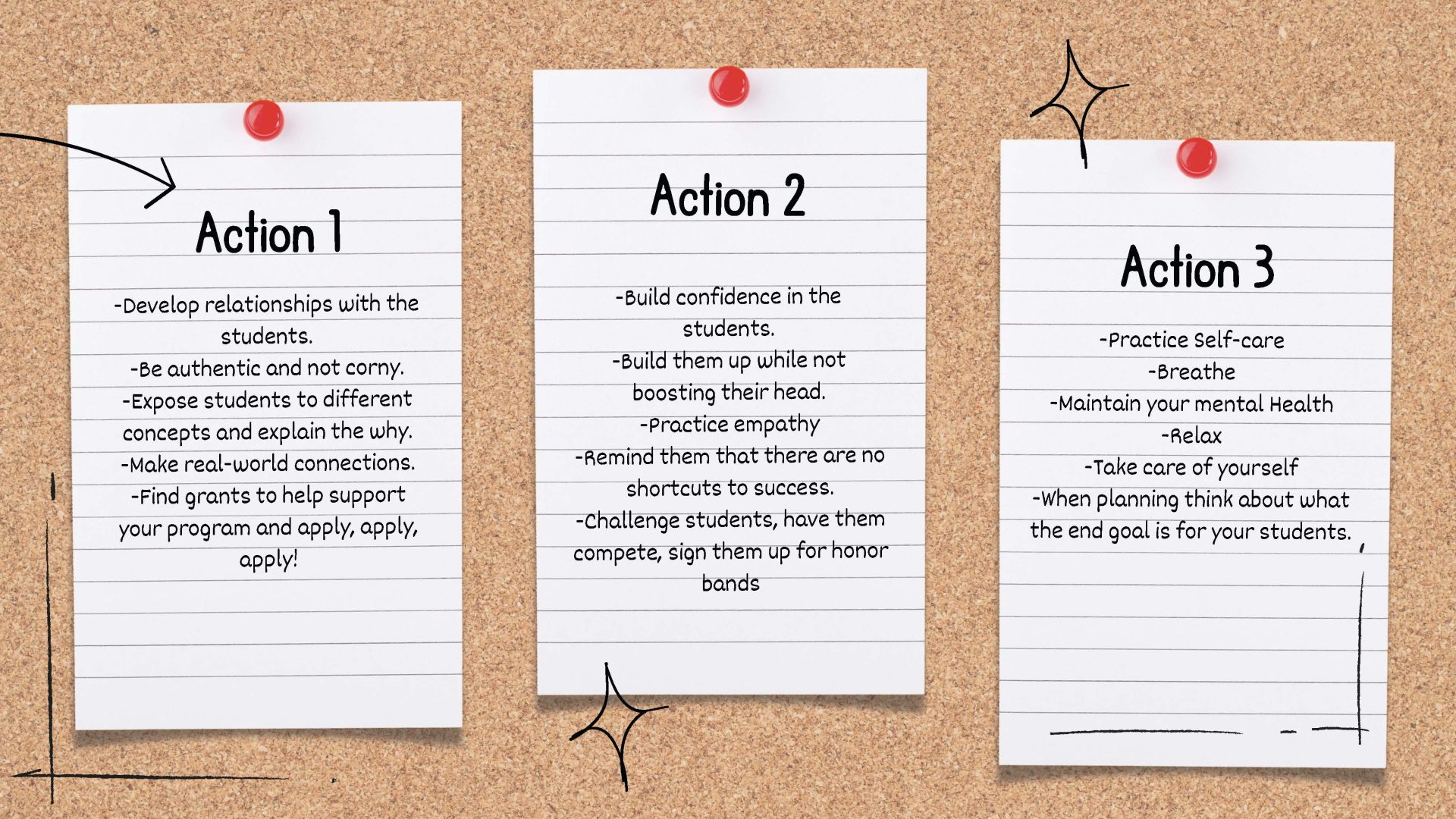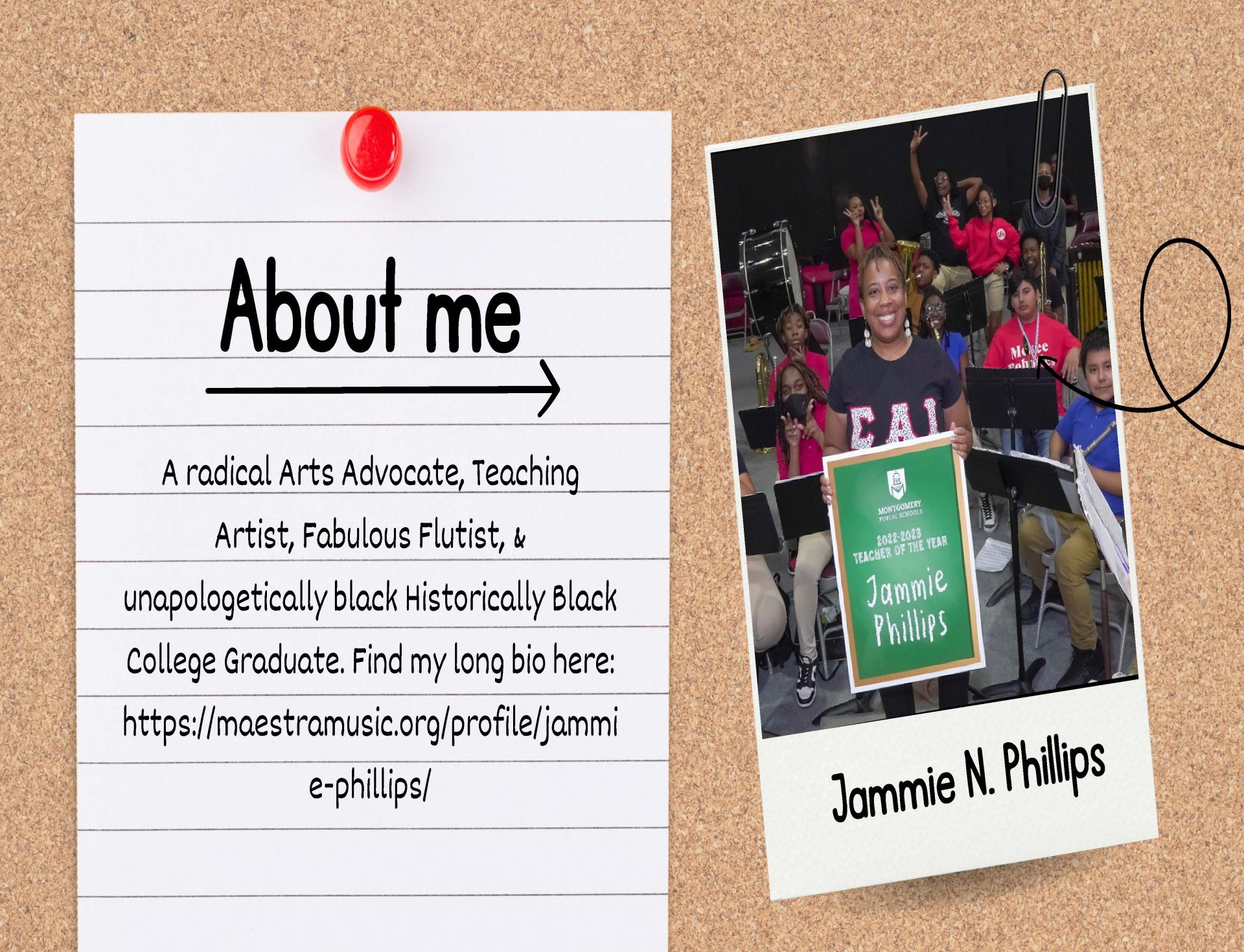How can you lead with equity in your classroom while navigating the various barriers of working in an urban environment?
Hello. I am Jammie Phillips, a passionate music teacher with 17 years of experience, 10 of which were spent as a band director. Having taught in Atlanta, Georgia’s urban areas, and now in Montgomery, Alabama, I’ve encountered and navigated various challenges. However, I always enter each school year with unwavering optimism and a determination to help my students defy the odds. My ultimate goal is to inspire my students to achieve their full potential, starting with recruitment.
It’s unfortunate that most undergraduate programs only cover generalized teaching methods and often overlook the unique challenges of teaching in an urban environment. However, I believe that the best way to learn is by doing, and my years of experience have provided me with invaluable knowledge and skills. As someone who grew up in an urban environment, I am grateful for the band directors who helped me develop my musical talents and leadership skills. Their unwavering belief in our abilities fueled our success.
Sadly, many urban school districts still assume that students only enjoy marching band and fail to recognize their diverse interests. As a band director, it’s crucial to have a growth mindset and recognize that every child has unique talents waiting to be nurtured. I’m excited to share with you five ways to develop a mindset that serves all children with success. Not only have these approaches worked in my career, I’ve seen them help countless others.
I’m confident that with the right mindset and approach, we can help every student achieve their full potential. Let’s work together to make a positive impact on our students’ lives and empower them to succeed.

Table of Contents
1. Define barriers and be prepared to knock them down!
Make a list of the barriers that fit your specific situation. Some of the ones I deal with include Chronic Absenteeism, Low motivation, poverty, and lack of parental support are barriers that must be defined to be tackled.

2. Examine your identity and leadership style.
Are you a culturally sensitive teacher? The universal definition of culturally sensitive is being aware of cultural differences and similarities between people without assigning them a value. Do you consider your students’ customs and experiences when creating lessons for your classroom? If not, why not?
You can find some examples of ways to assess your Culturally Responsive Pedagogy here and here.
3. Set attainable goals for your students.
Ask for their input as you plan the year, and give them the real-world connection and the “why.” Be transparent about shared goals and what you want them to achieve during the school year. “We are participating in this competition because I want you to be stronger individual musicians, and this will challenge you….” Keep it absolutely 100% real with them; they will work for you to achieve and supersede your goals.

4. Build sustainable, lifelong relationships with your students and their parents.
Be authentic and real with them. They have to know that you care about them. The most important way to show them you care is to practice empathy while reminding them there are no shortcuts to success!
5. Make them show up!
Students in urban areas have experienced many barriers in their lives, and individuals may tell them that they “can’t.” Because of that, their self-confidence as musicians can be at an all-time low. But your students need to know they can do it with hard work and practice, too! Challenge the students and sign them up for everything! Build their confidence to want to try! This starts in the goal setting stage. Your students will know that the sky is the limit if done correctly.
Bonus: Practice self-care.
Teaching band in inner-city areas can be physically, mentally, and emotionally draining. Remember to take care of yourself first and know when to take a break. Remember, you are an AWESOME teacher but can not save everyone. Relax and breathe and focus your energy in the right places.





Leave A Comment